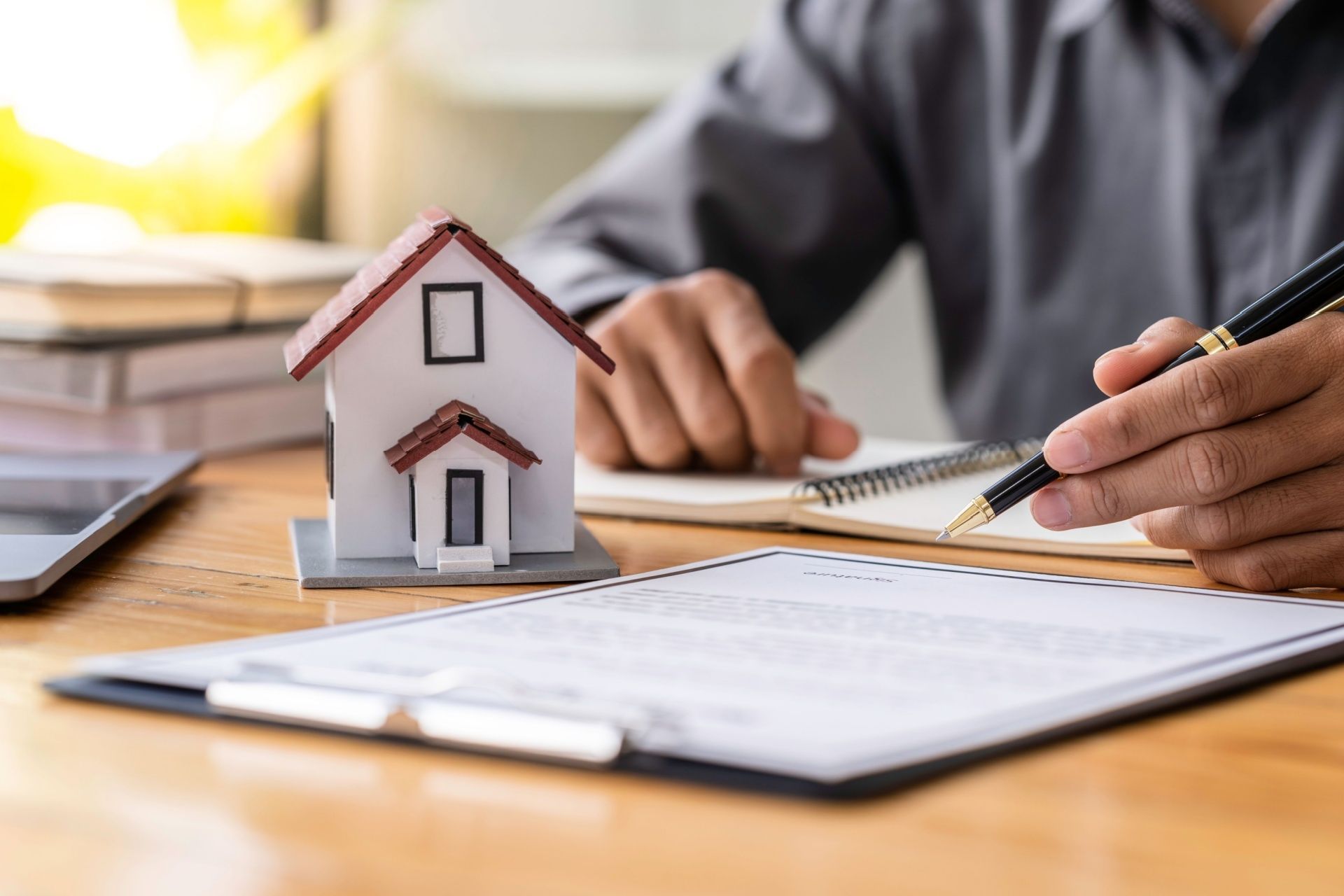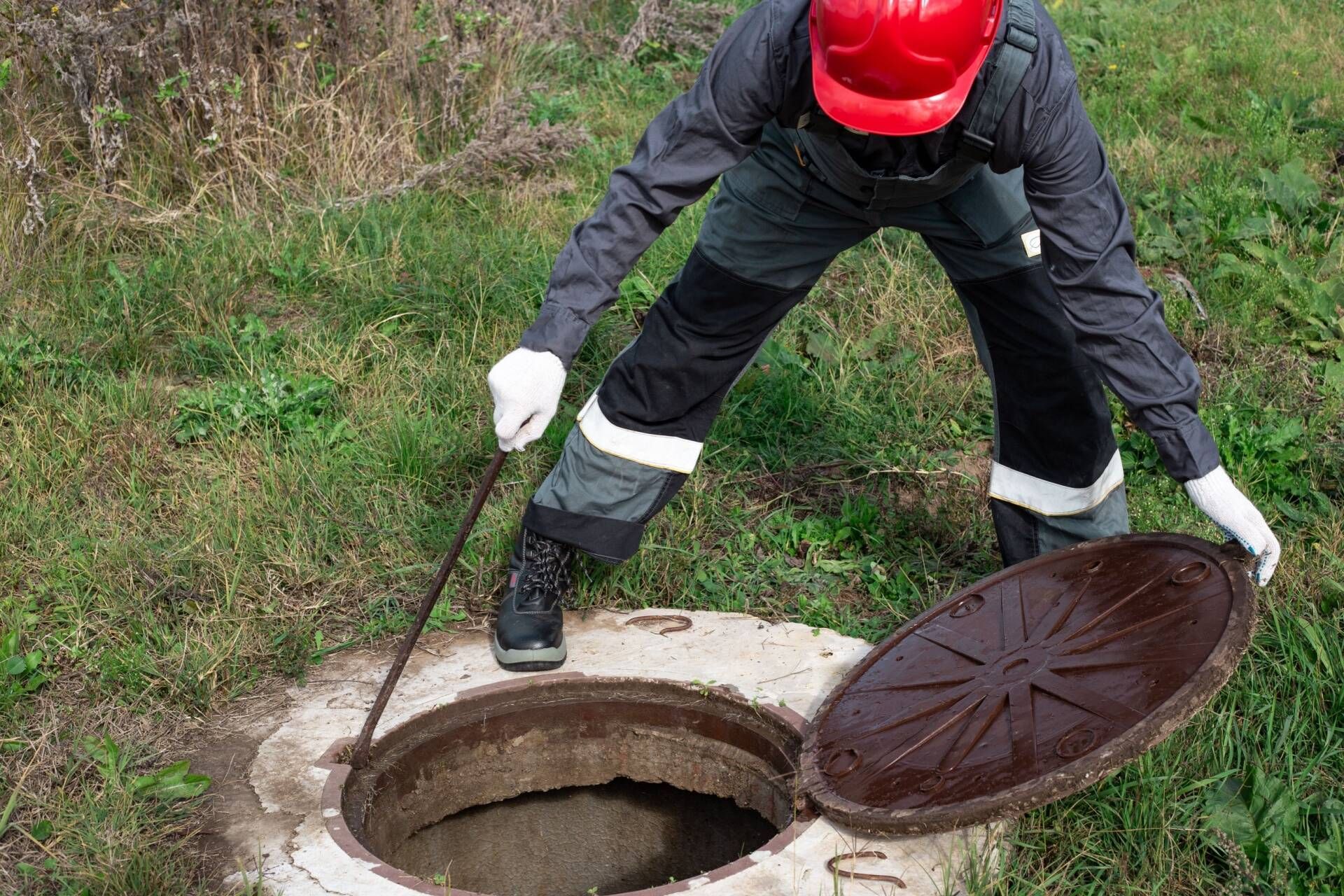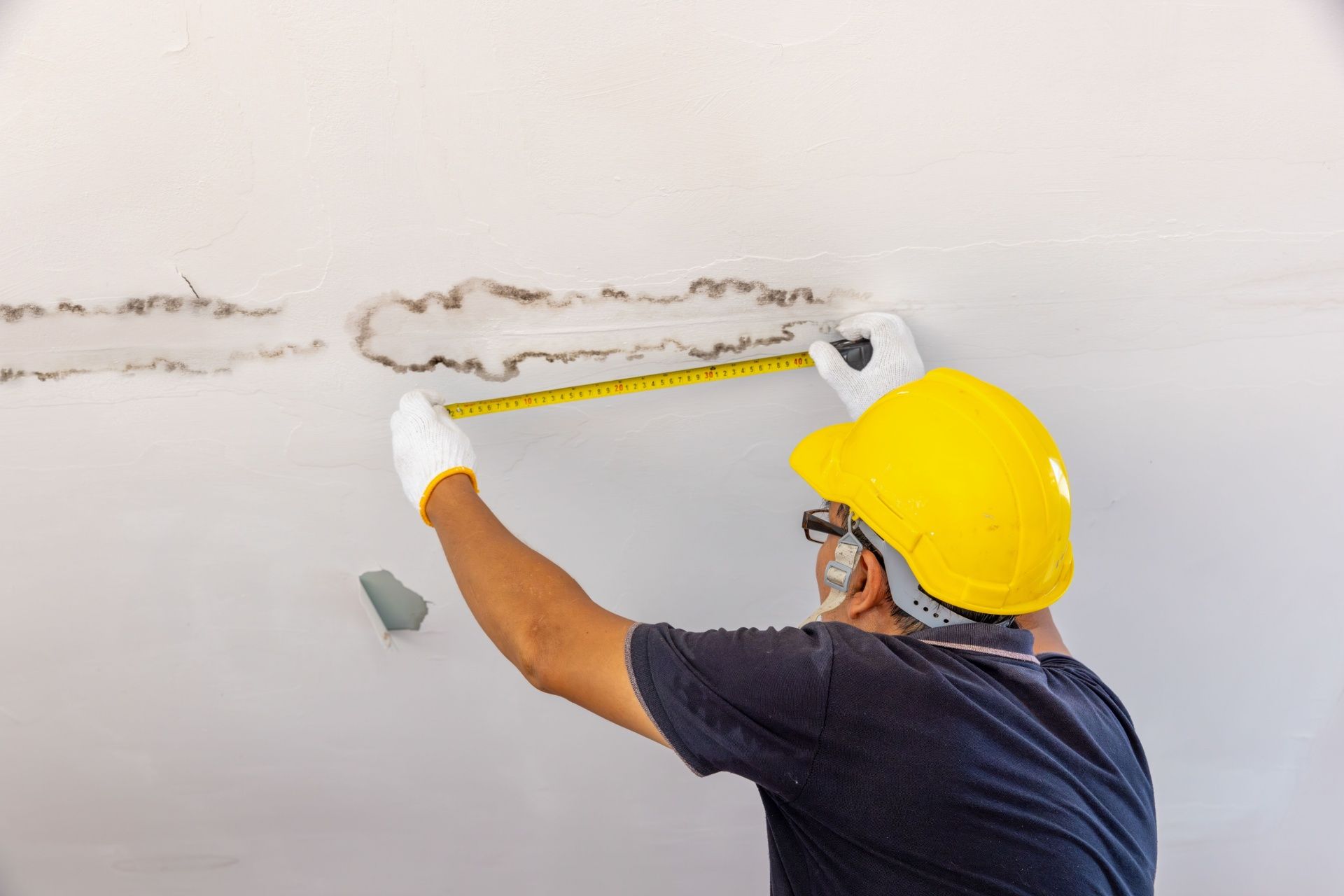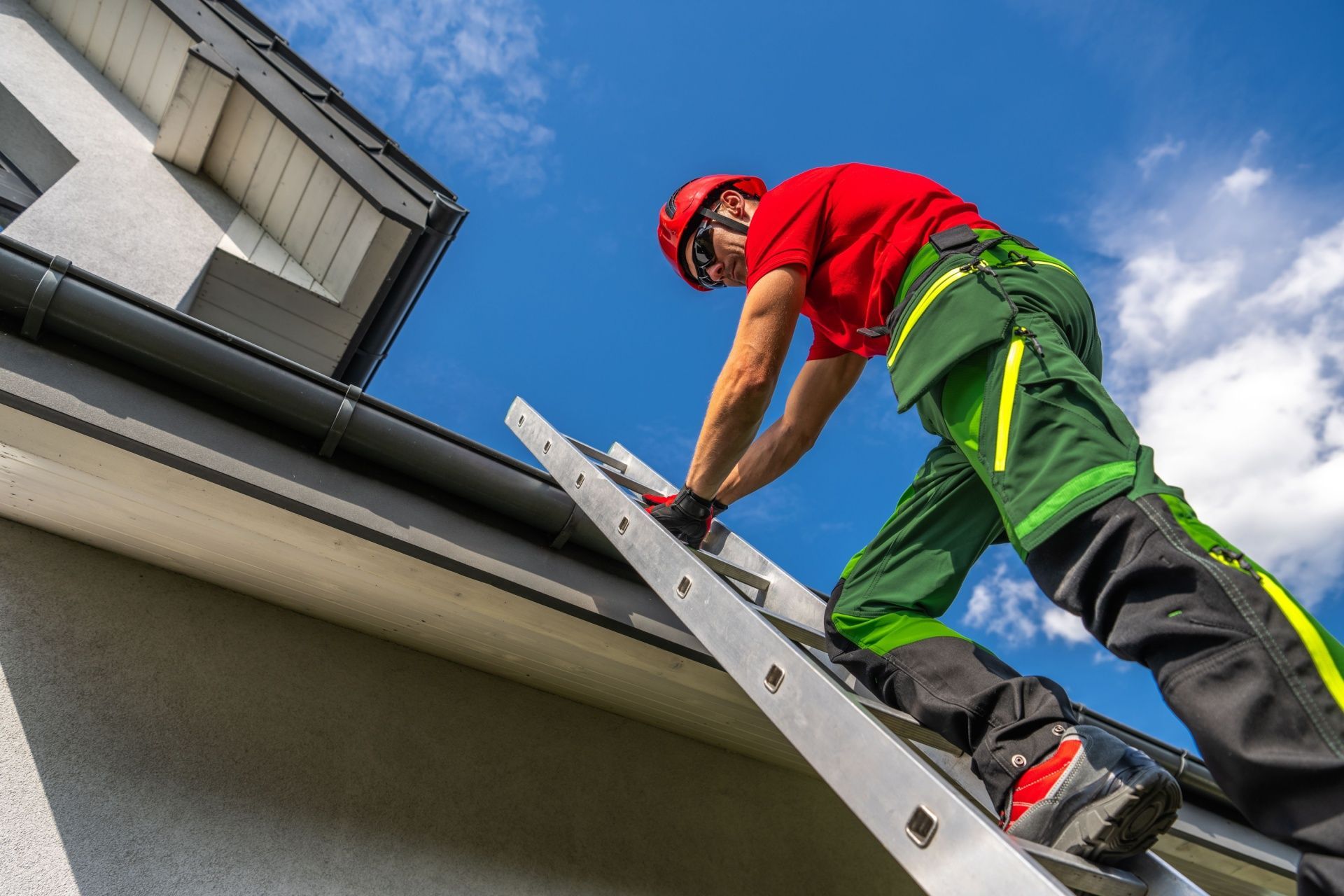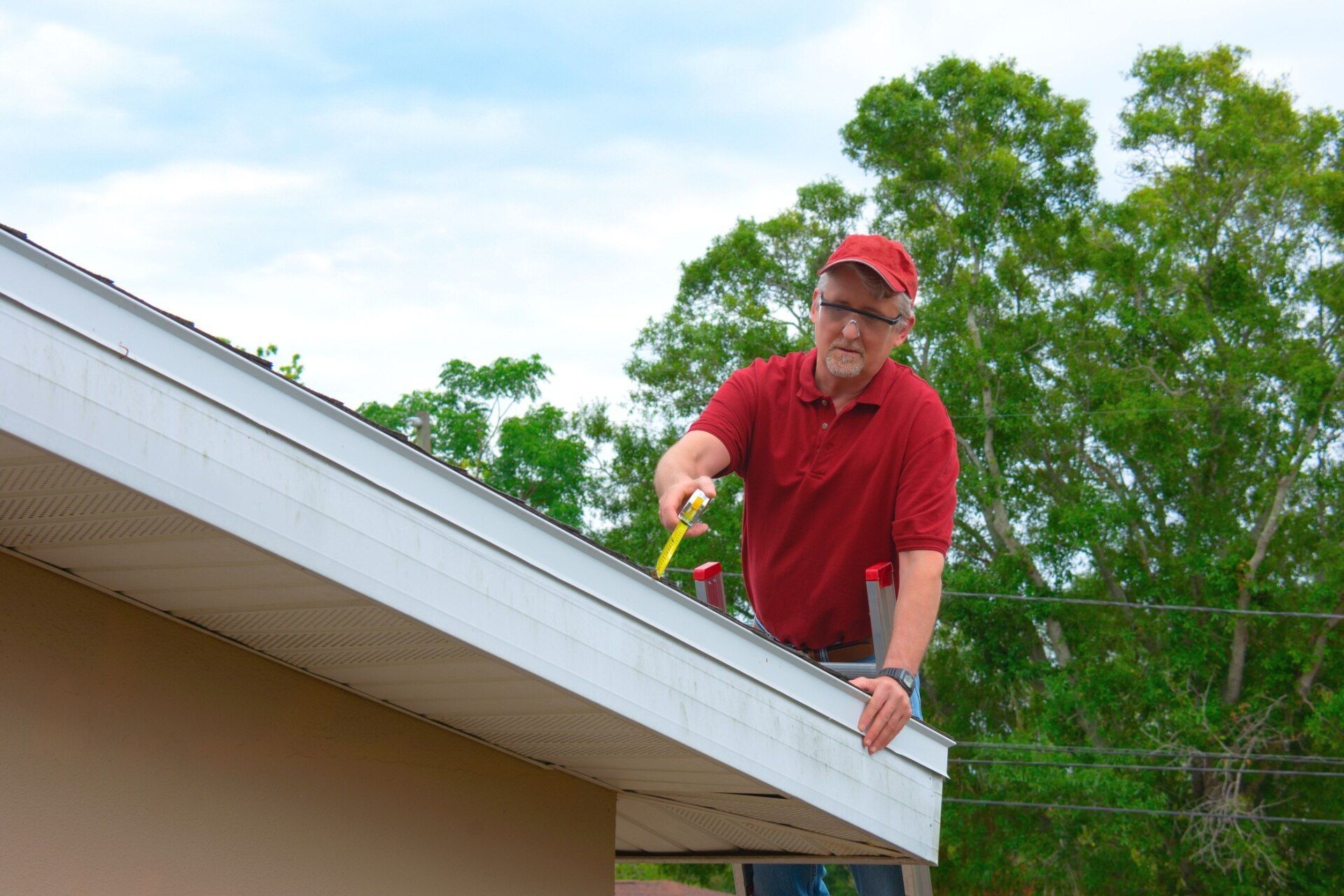Why First-Time Buyers in Florida Shouldn’t Skip the Home Inspection
Did you know? A study by the American Society of Home Inspectors found that more than 90% of home buyers include a home inspection in their purchase process, yet many first-time buyers in Florida are still tempted to skip this step—often due to excitement or pressure in a hot market.
But here’s the truth: Skipping a home inspection can cost you thousands of dollars and may even turn your dream home into a disaster.
If you're a first-time buyer in Florida, this first-time home inspection guide will help you understand why getting a home inspection for first-time buyers is one of the smartest steps you can take before signing those final papers.
What Is a Home Inspection?
A home inspection is a detailed check of a property's condition, from top to bottom. A licensed home inspector examines things like:
- Roof and attic.
- Plumbing and electrical systems.
- Foundation and structure.
- HVAC (Heating, Ventilation, and Air Conditioning).
- Walls, ceilings, and floors.
- Doors, windows, and appliances.
The inspector gives you a written report listing any issues found—big or small—so you know exactly what you're buying.
1. Florida Homes Face Unique Weather Risks
Living in Florida means sunshine and beaches, but it also means hurricanes, humidity, and floods. These can seriously affect a home's structure, roof, or foundation. A home inspection for first-time buyers in Florida checks for signs of water damage, mold, and storm wear that aren’t always visible to the untrained eye.
Expert Tip: Even a brand-new home can have hidden issues from rushed construction or improper permits. Don’t assume new means perfect.
2. You Might Miss Expensive Repairs
Many first-time buyers focus on how pretty a home looks. But looks can be deceiving. A home might have fresh paint or new carpet but still suffer from old plumbing, faulty wiring, or a cracked foundation. Without a proper home inspection, you could face unexpected repairs. A thorough inspection can help you identify potential issues before making a purchase decisions.
3. You Gain Negotiating Power
When the inspector finds problems, you have options. You can:
- Ask the seller to fix the issues before closing.
- Request a lower purchase price.
- Walk away from the deal if problems are too serious.
This gives you real control in the buying process—and helps you avoid a bad investment.
4. Inspections Reveal Safety Hazards
A first-time home inspection guide should always include safety. Inspectors check for things like:
- Faulty smoke detectors.
- Carbon monoxide risks.
- Outdated electrical panels.
- Asbestos or lead paint (especially in older homes).
Safety should never be compromised. A home inspection gives peace of mind that you and your family are moving into a safe place.
5. Understand the Home’s True Condition
As a first-time buyer, you may not know what to look for. Home inspections give you an education about the home’s systems and maintenance needs. You’ll know:
- How old the HVAC system is.
- If the water heater works properly.
- Whether the attic has proper insulation.
- If the windows are energy-efficient.
This helps you plan future upgrades and understand your new home better.
6. Saves You from “Buyer’s Regret”
There’s nothing worse than buying a home and discovering major issues later. A home inspection helps prevent buyer’s regret, especially when it's your first big investment.
Real-Life Example: One Florida buyer discovered termite damage in the walls during a home inspection. The seller paid for treatment and repairs, saving the buyer thousands.
7. Helps with Insurance and Loans
Some Florida insurance companies require a 4-point inspection (roof, electrical, plumbing, and HVAC) before issuing a policy—especially for homes over 20 years old. Lenders also want assurance that the property is worth the investment.
Having a professional home inspection can help:
- Speed up insurance approvals.
- Confirm home value for loans.
- Prevent last-minute closing delays.
8. It's More Affordable Than You Think
The average home inspection in Florida is more affordable than you think. When you compare that to the potential cost of repairs or replacements, it’s a small price to pay for peace of mind.
9. You Can Attend and Ask Questions
As a first-time buyer, you’re encouraged to attend the home inspection. This gives you a chance to:
- Ask the inspector questions.
- See issues in real-time.
- Learn how different systems work.
It’s a valuable learning experience that gives you confidence as a new homeowner.
10. Peace of Mind Is Priceless
At the end of the day, a home inspection for first-time buyers is about protecting your biggest investment. It removes uncertainty and lets you move forward with confidence.
You’re not just buying walls and a roof—you’re buying a future home. Don’t take that risk lightly.
What Should You Do After the Inspection?
Once you get your inspection report:
- Read it carefully. Ask questions if you don’t understand anything.
- Talk to your agent. Decide whether to negotiate or ask for repairs.
- Get quotes. For any major repairs, get estimates from professionals.
Make your decision. Move forward only when you feel comfortable.
Final Thoughts
Buying your first home in Florida is exciting—but it comes with responsibility. A proper home inspection for first-time buyers helps you make informed decisions, avoid financial stress, and protect your family.
Skipping the inspection might save you a little money upfront, but it could cost you a fortune later.
Schedule your home inspection today with Guardian Angel Inspections and move forward with confidence!
FAQs About First-Time Home Inspections
What happens if the home inspection reveals problems?
You can ask the seller to make repairs, request a lower price, or back out of the deal.
Can I do the home inspection myself?
No. Home inspections should be done by a licensed professional who knows what to look for.
Do new homes need inspections too?
Yes. Even new builds can have issues from poor workmanship or missed code standards.
How long does a home inspection take?
Usually 2 to 4 hours, depending on the size and condition of the home.
Who pays for the home inspection?
The buyer typically pays for the inspection as part of the due diligence process.
Disclaimer: The information on this website and blog is for general informational purposes only and is not professional advice. We make no guarantees of accuracy or completeness. We disclaim all liability for errors, omissions, or reliance on this content. Always consult a qualified professional for specific guidance.
Share this entry

